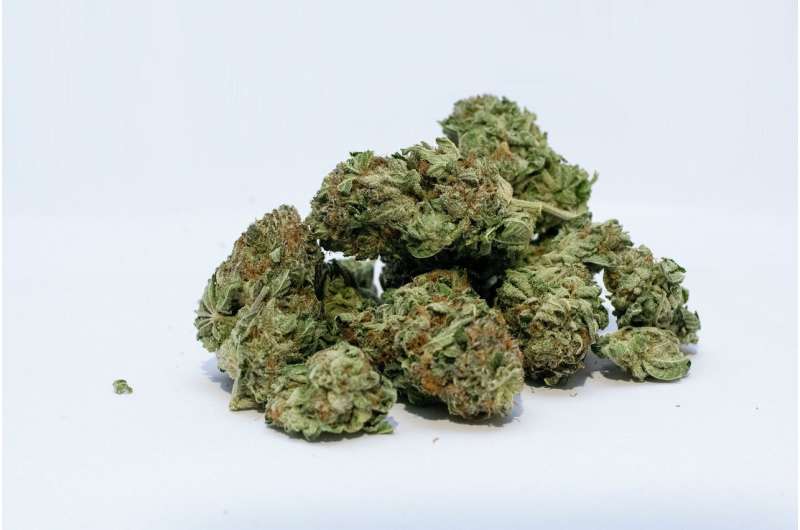Innovative Inhaler Technology Offers New Hope for Premature Infants with Respiratory Distress

A new handheld dry powder inhaler developed by Virginia Commonwealth University offers a noninvasive, efficient treatment for premature infants suffering from respiratory distress, promising faster, targeted therapy to save lives.
Recent advancements in neonatal care have introduced a groundbreaking handheld dry powder inhaler designed specifically for newborns experiencing respiratory distress. Developed by researchers Michael Hindle and Worth Longest at Virginia Commonwealth University, this device aims to deliver surfactant—the essential substance that keeps the lungs open—noninvasively and rapidly. Premature infants often lack sufficient surfactant due to underdeveloped lungs, which can lead to breathing difficulties and necessitate invasive procedures like intubation and ventilator support.
The new inhaler utilizes a simple operation involving just four squeezes to generate a high-efficiency aerosol capable of penetrating deep into a baby’s lungs, without the need for electricity, intubation, or complex equipment. This innovation is particularly significant for low- and middle-income countries where access to advanced medical interventions like ventilators and skilled healthcare providers is limited.
Development of the device spans over 15 years, utilizing 3D-printing technology to prototype and refine its design. The result is a compact, low-cost device that delivers aerosolized surfactant directly to the alveolar sacs—the tiny air pockets in the lungs essential for oxygen exchange—with much faster response times and greater efficiency than current liquid surfactant methods. In preclinical studies published in the Journal of Aerosol Medicine and Pulmonary Drug Delivery, the device outperformed traditional treatments by achieving faster oxygenation recovery and improved lung compliance using only a tenth of the typical liquid dose, all within less than five minutes.
The next steps involve scaling up manufacturing, conducting toxicology assessments, and navigating regulatory pathways to bring this device into clinical trials. If successful, this technology could revolutionize early treatment for neonatal respiratory distress, saving countless lives worldwide by offering a noninvasive, easy-to-use solution for vulnerable newborns.
Source: https://medicalxpress.com/news/2025-05-lifesaving-therapy-premature-infants-respiratory.html
Stay Updated with Mia's Feed
Get the latest health & wellness insights delivered straight to your inbox.
Related Articles
Impact of Marijuana Legalization on Traditional Prescription Drug Use
Research reveals that recreational cannabis legalization has led to a significant reduction in prescription drug claims in small insurance markets, highlighting shifting healthcare patterns.
New Research Reveals Basal Stem-like Cells as the Origin of Small Cell Lung Cancer
A new study identifies basal stem-like cells as the origin of small cell lung cancer, highlighting new avenues for prevention and targeted treatment strategies.
Targeting SUMO2 Protein with Blocker Drugs Shows Promise Against Synovial Sarcoma
New research uncovers the potential of SUMO2 protein inhibitors like TAK-981 as a targeted therapy for synovial sarcoma, offering hope for improved treatment options in this rare cancer.



